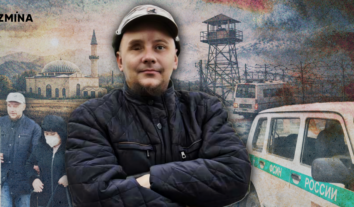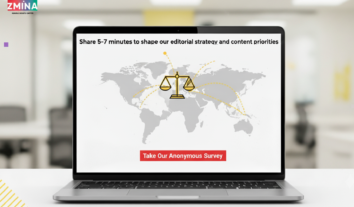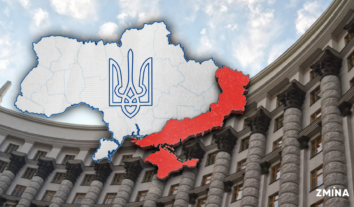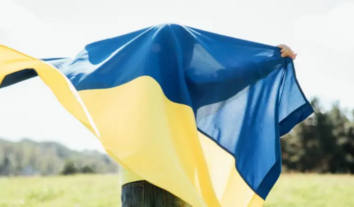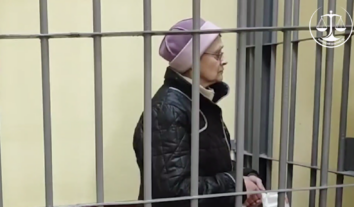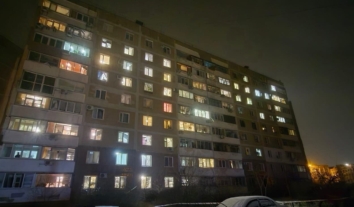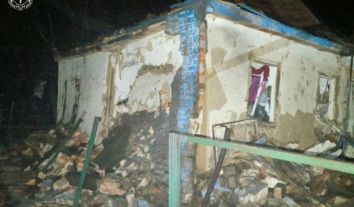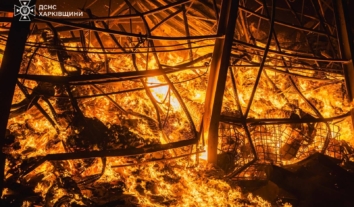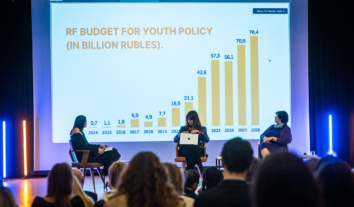Experts not Satisfied with Poroshenko’s Judicial Reform
The law “On Ensuring the Right to a Fair Trial” leaves in place levers to influence the judicial branch.
This was told to the Human Rights Information Center by Roman Kuybida, chief expert from the judicial reform group Reanimation Package of Reforms (RPR).
“The provisions of the Yanukovich times regarding the role of political organs in determining the paths of judicial careers have migrated to the law ‘On Ensuring the Right to a Fair Trial.’ These are the specific powers: the President can move judges horizontally from court to court while the parliament may move them vertically between higher and lower courts (Verkhovna Rada will transfer judges, which is not provided by the Constitution – Ed.). It is about the powers of the President to swear in judges, to liquidate the courts, as well as something that was not there before, the power to sign the licenses of the heads of courts and their deputies,” notes Kuybida.
He said that the head of the Court is currently elected by a team of judges, so it seems strange that the head of state has the authority to sign the licenses of more than 1,000 judges holding administrative positions. He links this to the President’s desire to directly influence the judges.
Mikhailo Zhernakov, a judge and RPR expert, gives an example of political pressure in the situation of the Kyiv District Administrative Court Judge Sergiy Nagoryanskiy. He refused an informal meeting with representatives of the administration of President Viktor Yanukovych. After that, Yanukovych did not invite him to take an oath for three years.
Agnieszka Piasecka, Analyst and Project Manager at The Open Dialogue Foundation, providing commentary to the Human Rights Information Center, noted that, in all her time as a consultant, she has never seen such a conflict between the two law drafts written by the parliament and the president.
“Everyone wants to write their law draft separately. I see a big mess because there are many initiatives. Sometimes a legal conflict happens between the drafts because there was no communication between the experts of various documents during their development. Despite the positive aspects of the President’s law, I see that the President of Ukraine does not have respect for society. When Kniazevych’s Committee was convening (Ruslan Knyazevich – head of the Verkhovna Rada Committee on the Rule of Law and Justice – Ed.) and worked on the amendments to the law, on uniting drafts from the Presidential Administration and the public together with the Verkhovna Rada, the President’s law was submitted to a vote. The committee had not finished working on the bill but already it was voted on in Parliament. The Rada’s approach and methods need to be changed.”
Piasecka believes that there was a similar disrespect for society in the days of President Viktor Yushchenko.
“The president may be developing the best law, but when there is no respect for the society that elected him, which still trusts him but not to the end, then it is a problem. I’m afraid of a repeat of Yushchenko. When he became president of Ukraine, it immediately became impossible to get through to his press secretary. She began communicating with different people, like a goddess on Olympus. It was a very bad direction and this was an example of where the president had no respect for society,” she adds.
Furthermore, there was no fruitful discussion of the two bills in the Committee on the Rule of Law and Justice, says Kuybida.
“The Committee burned through four thousand amendments. There wasn’t any substantial discussion at the committee level. In parliament also, a significant number of deputies did not vote for the law simply because they just were not familiar with it,” explains Kuybida.
However, the experts also unanimously say that the law supported by the President contains improvements, including: competitive selection of judges for all positions, taking into account a judge’s previous work, the introduction of a regular assessment of judges, in particular by public associations, strengthening the competitiveness of the disciplinary procedure, the introduction of six disciplinary penalties instead of the current two, providing for direct appeals of decisions of higher courts to the Supreme Court, the simplification of the system of judicial self-government, and so on.
Of the positive things in the presidential law, Piasecka notes the responsibility of judges for a decision that was the subject of an appeal to the European Court of Human Rights (ECHR).
“It is very good, because untimed liability is necessary. The Ukrainian legislation states three years of disciplinary liability for any matter. After this period, it is impossible to hold any judge responsible for something. However, the ECHR very often hears cases from four to six years,” says Piasecka.
She is concerned that, according to this law, the decision whether the Qualifications Commission takes a case for consideration or not is made by an expert from either the Supreme Council of Justice or the High Qualification Commission of Judges. “This decision depends solely on one person, and the President’s law does not provide an appeal on the decision of a single expert, while the bill developed by RPR provided for such an appeal,” she says.
Roman Kuybida said that RPR will be amending the law to eliminate political influence on the judicial branch and will be proposing appropriate amendments to the Constitution.
The law will come into force only after the formation of the Supreme Council of Justice and the High Qualification Commission.

